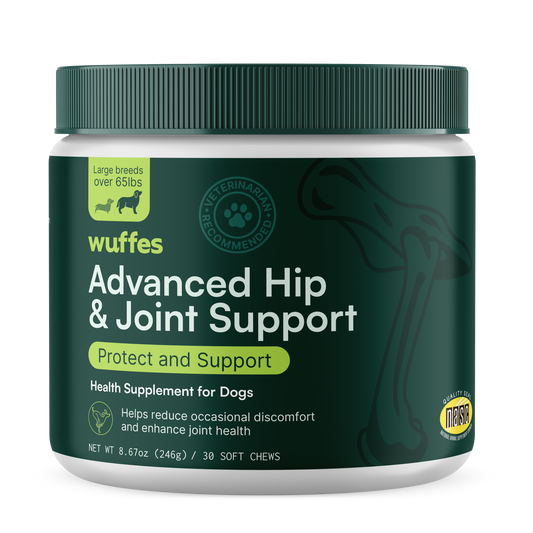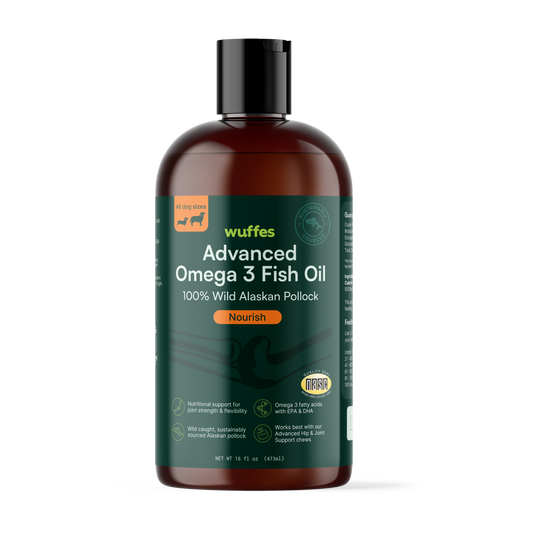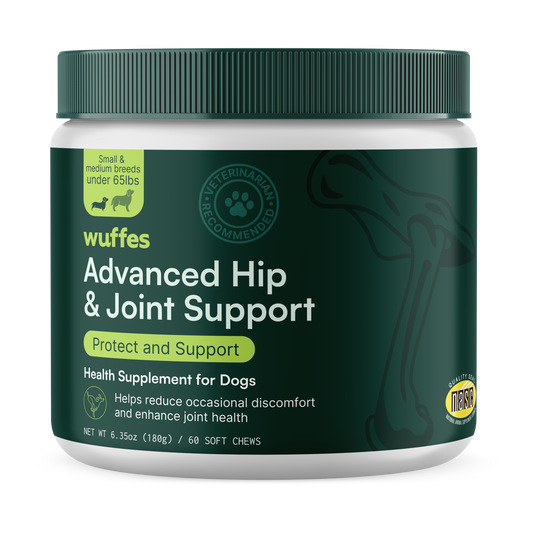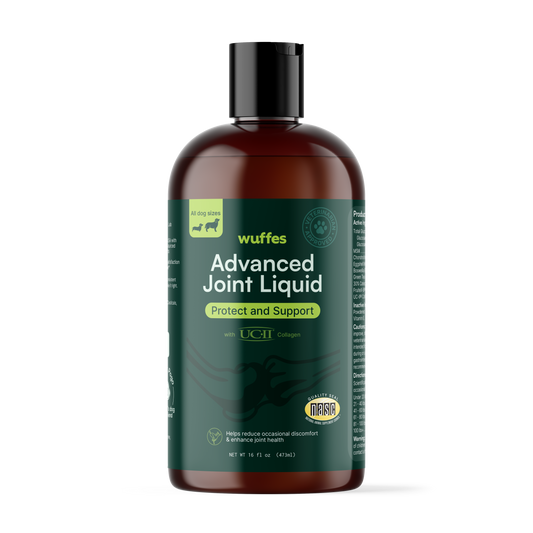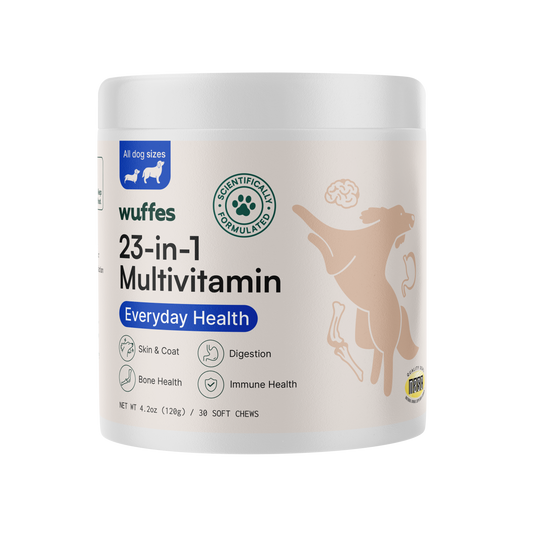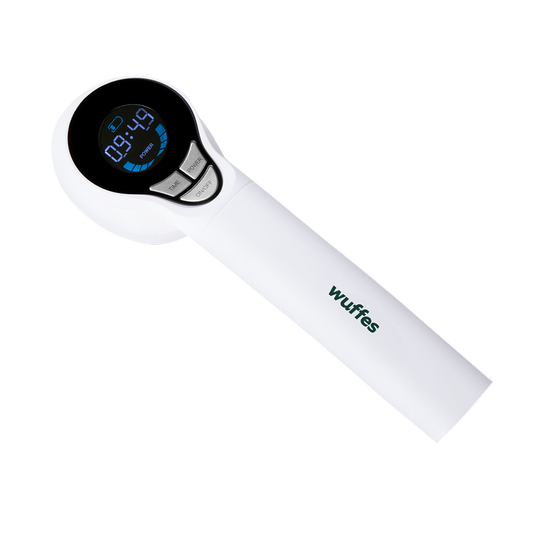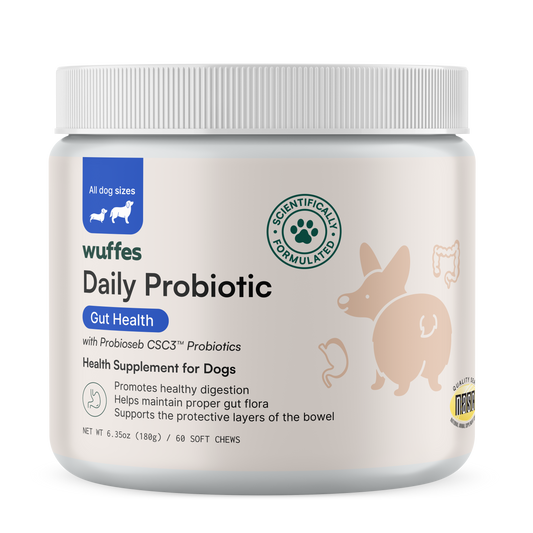The effects of chocolate on dogs have long been a topic of discussion among pet parents. While some dogs may appear unaffected after eating chocolate, others can experience serious health issues. Understanding the risks associated with chocolate consumption is essential for all pup parents.
Why is chocolate bad for dogs?
The primary toxic component in chocolate is theobromine. While humans can easily metabolize theobromine, dogs do not have the same ability, making them more susceptible to its harmful effects. This can lead to elevated toxin levels in their system, which can cause a range of symptoms.
-
Amount of Consumption
The severity of chocolate's effects on a dog largely depends on the amount consumed and the type of chocolate. Dark chocolate contains higher levels of theobromine compared to milk chocolate, making it more dangerous. However, no type of chocolate is safe for dogs, and even small amounts can lead to adverse effects. -
Size Matters
A dog’s size is another important factor in determining their susceptibility to chocolate toxicity. Larger dogs may tolerate small amounts better than smaller breeds. This variability can lead to differing experiences among dog owners regarding chocolate exposure.
What should you do if your dog consumes chocolate?
If your dog accidentally ingests chocolate, it’s crucial to act quickly:
-
Consult Your Veterinarian
Always reach out to your veterinarian for guidance. They can provide specific recommendations based on your dog’s size, the type of chocolate consumed, and the amount ingested. -
Do Not Induce Vomiting Without Guidance
While some may suggest using hydrogen peroxide to induce vomiting, this approach can be risky and is not recommended without veterinary advice. Instead, follow your vet's instructions on how to proceed. -
Monitor Symptoms
Watch for any signs of chocolate poisoning, which may include restlessness, rapid breathing, diarrhea, vomiting, muscle tremors, or seizures. If you observe any of these symptoms, seek veterinary care immediately.
Supporting recovery after chocolate exposure
If your veterinarian has advised you to manage your dog’s recovery at home, here are some supportive measures to consider:
-
Hydration is Key
Ensure your dog stays well-hydrated, especially if they’ve vomited. Fresh water should always be available to help flush out any remaining toxins. -
Soft Meals for Comfort
After a chocolate incident, a soft diet may help your dog eat comfortably without further upsetting their stomach. Consult your veterinarian for specific recommendations. -
Multivitamins for Overall Health
To help support your dog’s recovery, consider introducing a high-quality multivitamin that contains essential nutrients, including Omega-3 fatty acids. These nutrients can help promote overall well-being and support immune function.
Prevention is the best strategy
While the effects of chocolate can vary among dogs, the safest approach is to avoid giving chocolate to your pets altogether. Keeping chocolate out of reach and educating your household about the dangers can help prevent accidental ingestion. Remember, an ounce of prevention is worth a pound of cure.
By staying informed and proactive, you can help ensure your dog remains healthy and safe from the risks associated with chocolate consumption.

